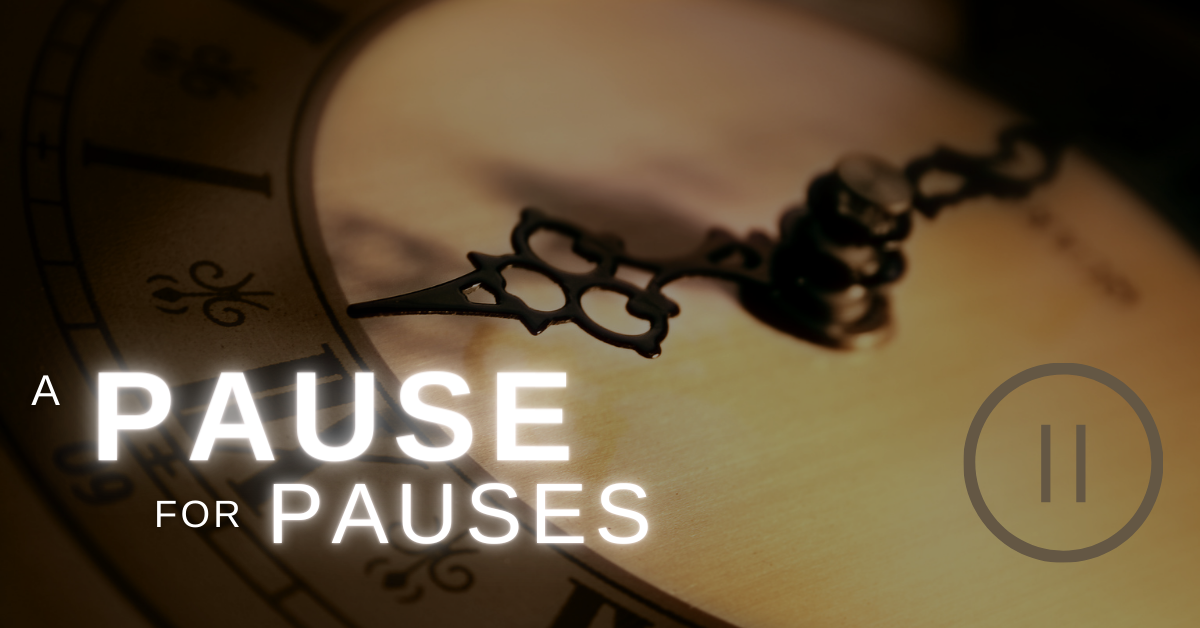Why Isn’t My Actor Projecting Their Voice?
Directors and teachers, we’ve all been there: You’ve cast a wonderful young actor in a role that is fantastic and challenging for them. You get into the rehearsal room and all of a sudden, it’s like their voice has been sucked out of them. “What did you say? I can’t hear you!” You know they can be loud–that’s been proven over and over during break time–but for some reason, their voice just isn’t coming through when they’re onstage.
There are a number of reasons why your actor might not be projecting their voice. Here are five possible reasons for you to explore with your actor. Make sure to download the Tip Sheet at the end of the article!
1.They don’t know how to properly project their voice.
Some young actors have never been properly taught to project. You’ll need to work on proper projection technique and breath control with this young actor. Here’s a great article about learning to project without yelling. Remember: Your vocal cords should not hurt after performing. Your sound needs to come from your diaphragm, whether you’re speaking or singing onstage.
2. They’re nervous.
Some actors lose their volume onstage when they are nervous or anxious about their performance. Help your actors keep their nerves in check with breathing and relaxation exercises. Perhaps your cast has a rehearsal routine that will help actors get out of their “real life” mindset and into their “acting” mindset.
3. They’re under-prepared or not off-book.
“If they can’t hear me, they won’t know I don’t know my lines yet!” Wrong! Some actors will try to disguise their lack of preparation by keeping their volume low. Be clear and firm about when your off-book date is. Are there consequences for not being off-book by the deadline? Encourage your actors to help each other learn their lines and practice together.
4. They are experiencing vocal strain or they’re sick.
Proper self-care is so important for performers. Getting enough rest, eating healthfully, drinking lots of water, and warming up properly are all imperative for actors to keep physically healthy. If actors are experiencing vocal strain, encourage them to drink warm water with lemon or honey and go on vocal rest (which can sometimes be very difficult for young actors!). If they’re sick, make sure they stay home from rehearsal so they don’t infect the rest of the cast with their germs!
5. They don’t want to be heard.
This is a tough one. There are a multitude of reasons why an actor doesn’t want to be heard. They might not understand their part, or maybe they don’t like the role they’ve been cast in. They might be embarrassed about a certain line. They might feel anxious or insecure about their acting skills. It could be something else entirely. Maybe there’s something going on at home that they’re unconsciously bringing with them to rehearsal.
Communicate regularly with your actors. Check in with them to see how they’re feeling. Sit down with them and talk about their role. Maybe they need encouragement or more explanation than they’ve been given. Get to know your actors and how they tick. Once you’ve established what’s going on, you’ll be much better equipped to help them get to the performance level that they need and are capable of.
Good luck!



